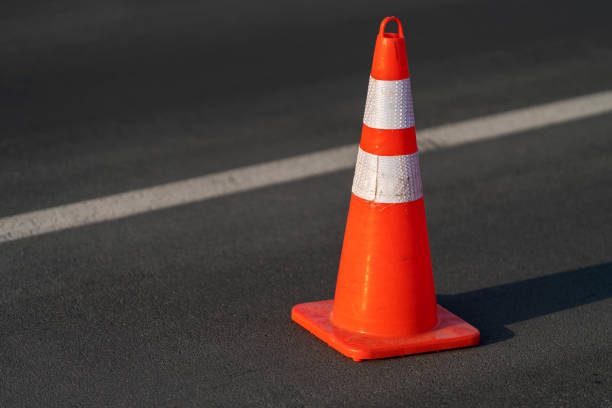The Automobile Association (AA) is urging for increased fines and tougher penalties for drivers who violate the law to discourage reckless behaviour.
It said fines and penalties for driving offences require a complete update, as many have not changed since 1999.
Road safety spokesperson Dylan Thomsen said they want fines to be effectively doubled across the board to account for inflation since then, with automatic adjustments for inflation applied going forward.
“We need to bring these penalties back up so they work to make drivers think twice about taking risks on the road or breaking the rules because right now they’re not doing that,” he said.
“There should be a focus on types of offences that show up most frequently in crashes, so drunk and drugged driving, people not wearing seatbelts, speed, and distractions, including cellphone use.”
“We think the government should look at those particular offences and say we might need to actually increase those ones even more than the doubling for inflation.”
The AA reported data from Stats NZ, showing that the median weekly income before tax was $520 in 1999 and had risen by 158% to $1,343 by 2024.
“Getting stung $30 for a low-level speeding infringement in 1999 was a significant chunk out of your paycheck – but the deterrent value has eroded when you consider the growth in wages,” Thomsen said.
Thomsen said that certain offences had penalties that seemed disproportionate to the potential harm they could cause.
“An unregistered vehicle attracts a $200 fine and demerit points, yet other offences with vastly different safety implications are less severe – failing to stop at a red light and not wearing a seatbelt each incur a $150 fine and no demerits.”
A survey of AA members has revealed that most believed fines were ineffective.
Fewer than half of those surveyed felt that current fines deterred common driving offences such as speeding, not wearing seatbelts, using mobile phones, or driving under the influence of alcohol or drugs.
In comparison to New Zealand, most similar countries impose tougher driving penalties and generally experience lower crash rates.
“Effective fines and penalties aren’t the whole solution, but they are an important part of it,” Thomsen said.
“There’s never going to be a great time that people are going to want to hear about fines or penalties increasing, but we are paying as a country right now quite a lot. We are paying through our really high crash rate we have.”
“We are paying for the people that get hurt, which has a major impact on our health system.”

